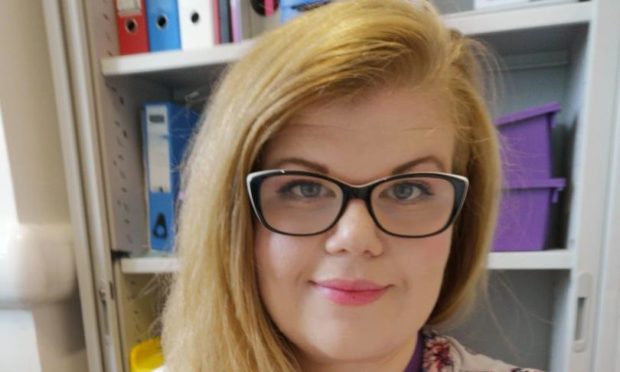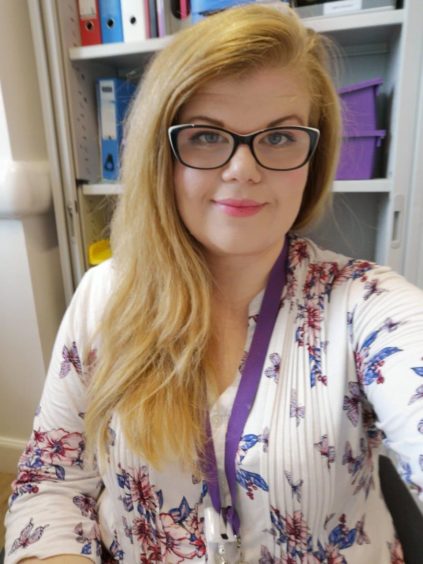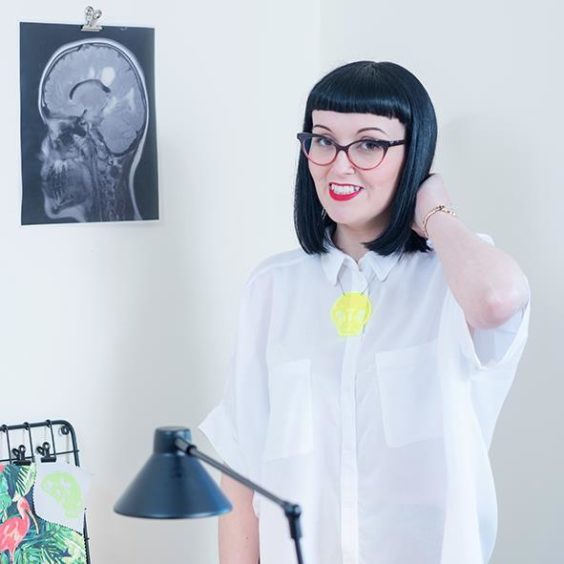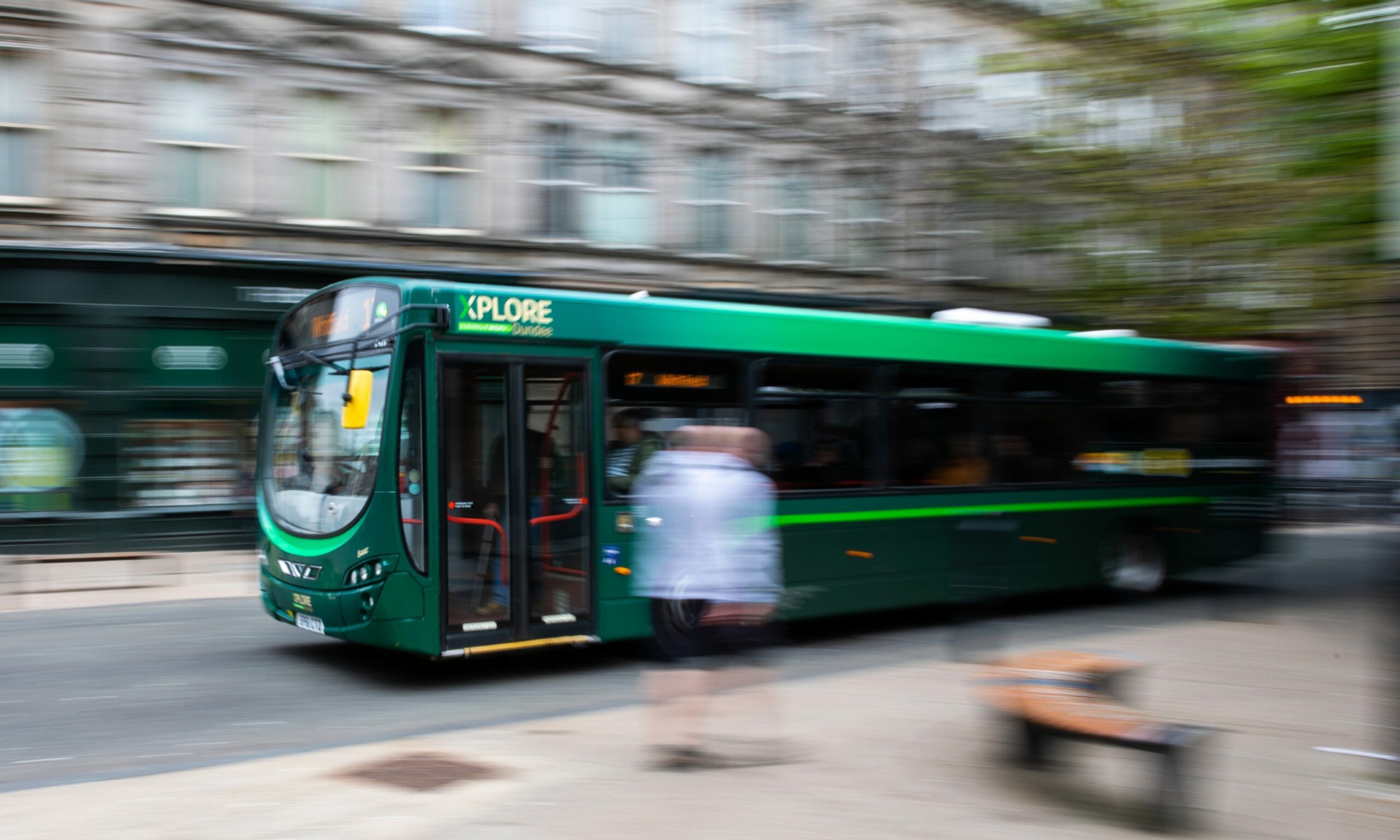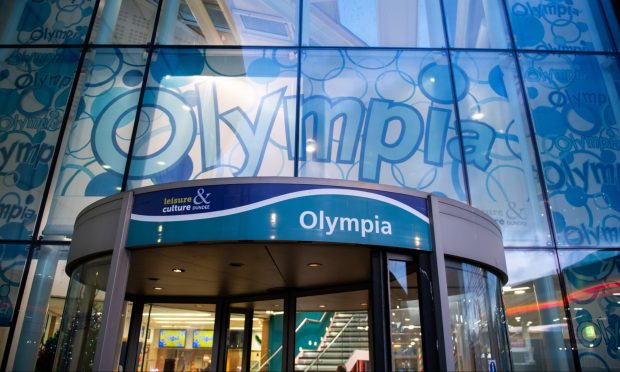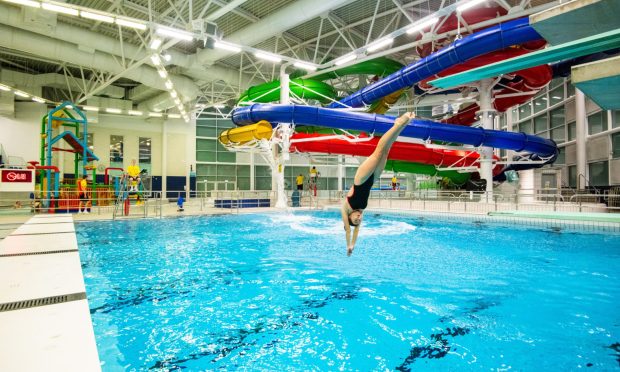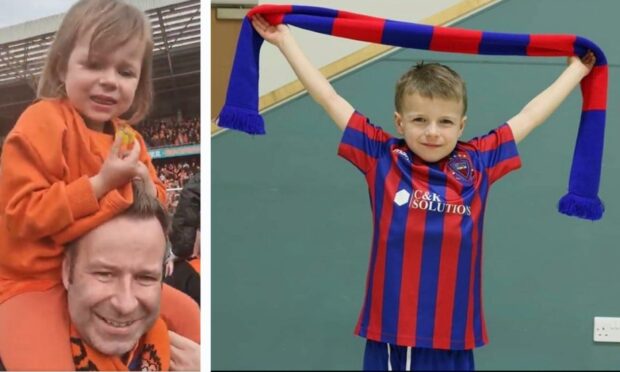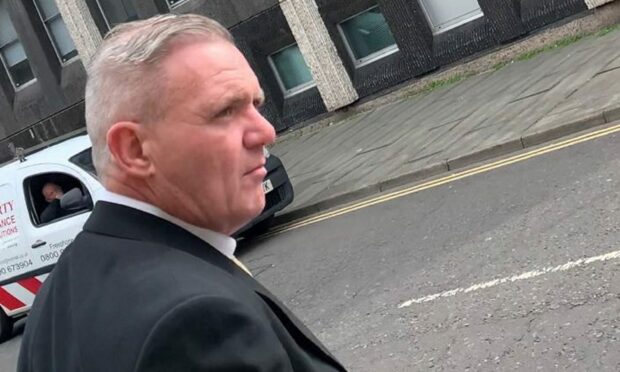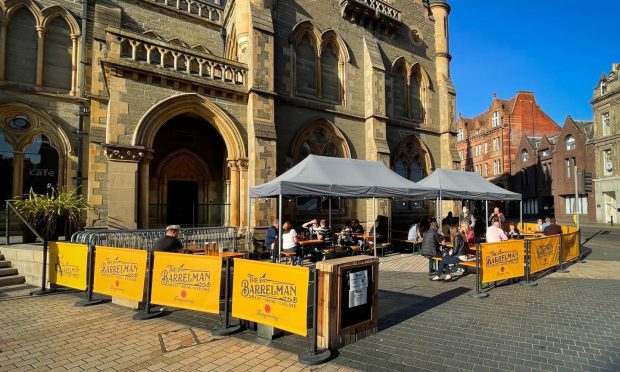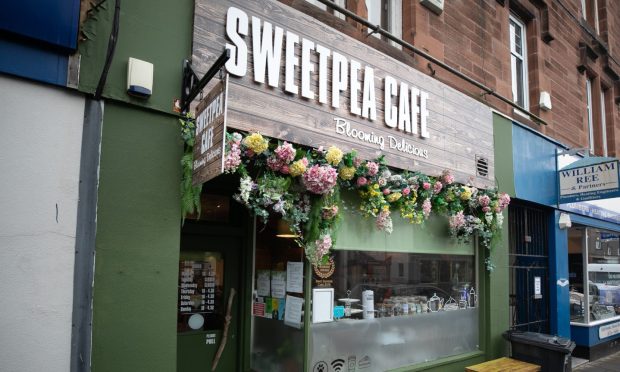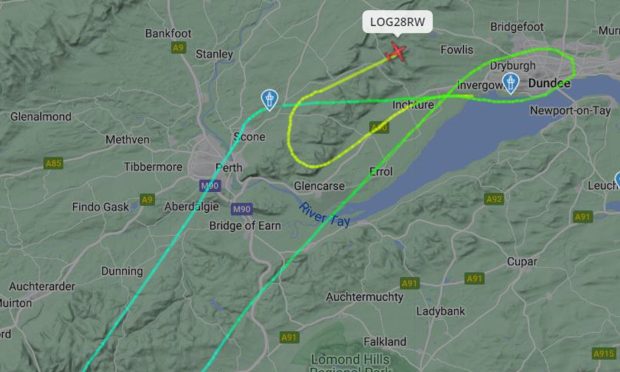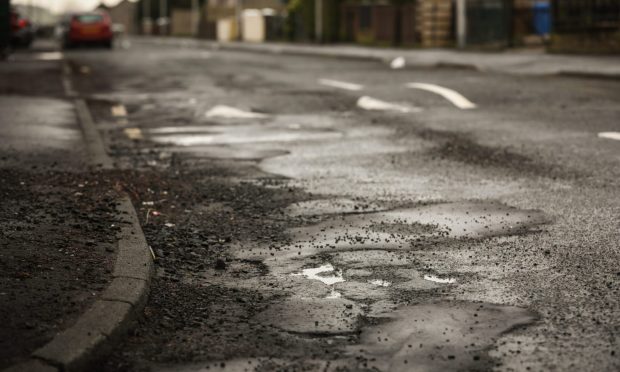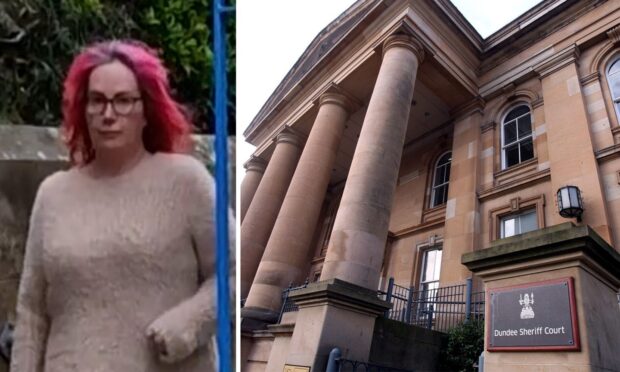A support service for people with multiple sclerosis (MS) is expanding to help more people just a year after launching.
My MS, My Way: Tayside project has already helped 83 newly-diagnosed people access support, counselling and information since it launched last May.
Initially designed to help people diagnosed within the last five years, it has been so successful volunteers have vowed to now support anyone affected by MS in Tayside.
It helps provide access to free, one-to-one, confidential counselling, peer support sessions and exercise classes, all of which has been moved online or delivered remotely during the coronavirus pandemic.
Tayside has the highest rate of the condition on the Scottish mainland, while Scotland has one of the largest proportions in the world, with more than 15,000 people living with MS.
It damages nerves and makes it harder to do everyday things, like walk, talk, eat and think.
Morna Simpkins, director of MS Society Scotland, said: “We’re delighted to be opening up this project to anyone affected by MS in Tayside after the great benefit that people saw who engaged with it in its first year.
“We will offer support to anyone affected by the condition to help improve their emotional wellbeing, self-management skills and resilience, to live well with MS.
“More than 15,000 of us are living with MS in Scotland and Tayside is one of the most affected areas of the country.
“We have listened to the MS community in Tayside and the My MS, My Way: Tayside project is shaped by them and the support they wanted to see.”
The project has received funding for two years from the National Lottery Community Fund and the NHS Tayside Community Innovation Fund.
Dr Briony Waddell, consultant neurologist at NHS Tayside, said: “Access to emotional support and information can be incredibly beneficial for anyone wherever they might be in their MS journey.
“This project gives people an opportunity to hear from others in a similar situation, pick up skills and hear more from healthcare professionals and therapists to help manage their MS.
“I’ve been pleased to be involved in some of the webinars since the start of lockdown and having the chance to speak to people directly about how the current climate can affect treatments and care has been very welcome.”
To find out more about My MS, MY Way: Tayside project, call 01382 938082 or visit www.mssociety.org.uk/tayside-my-ms-my-way
“It just hit me emotionally”
Susan Shires, 35, from Arbroath, lives with her three-year-old daughter and works part time.
She was diagnosed with relapsing remitting MS in June 2019, after eight months of tests.
She said: “When I was first diagnosed I felt positive about it all, I did my research and physically I felt OK apart from a few symptoms like a tingling hand, numbness and some fatigue.
“Then three months after my diagnosis, as I was getting ready to go to work one morning, I suddenly started crying and couldn’t stop. I think it had just hit me emotionally which was very challenging. I was signed off work for a few weeks and arranged counselling.
“I was worrying about how it will affect my future. My daughter is only three and I worried I might not be there for her or be unable to look after her in the future.”
She arranged counselling through My MS ,My Way and felt the benefits immediately.
“The counselling gave me a good chance to sit and have an hour away from the hustle and bustle of life and focus on me and how I was coping.
“It was good to be listened to and my counsellor was very encouraging and reassuring.
“She made me realise that I’m coping well, and am stronger and doing a better job than I realise, which I remind myself still if I’m having a bad day.
“The pandemic has been stressful and tough going at times. I’ve been working from home and my daughter wasn’t able to go to nursery or her grandparents, I couldn’t take her to the park, soft play or things like that. But we adapted, did more indoor things like baking, painting, got out for walks.
“I had to work hard to not let myself get stressed, and I had a couple of flare ups during lockdown.
“I’m so glad things have eased off now and are starting to feel a bit more back to normal.”
“The truth is, sometimes I do need help”
Kirsty Stevens, 34, is a designer who studied art in Dundee and continues to receive treatment at Ninewells Hospital.
She was diagnosed with relapsing MS in 2007 after around a year of experiencing symptoms.
Recently Kirsty began to take a more active role in some My MS, My Way: Tayside sessions as a facilitator and has enjoyed the opportunity to connect with other people who might share similar experiences.
Kirsty said: “I would have loved for something like the My MS, My Way: Tayside project to have been available when I was first diagnosed.
“To see that it’s expanding from last year to support absolutely anyone affected by MS in the area is great news.
“I think particularly at the moment it’s great to have so much online for people to access when their time with healthcare professionals might be more restricted than usual.
“I know that for me, I have had my treatment put on hold because of the pandemic and there’s a lot of uncertainty around that and so many other things.
“For people who’ve recently been diagnosed it must very tough right now so I’d encourage people to find out more about what’s out there. I certainly felt, and at times still do, that I don’t need this or that support but the truth is that sometimes I do need help and what’s available is fantastic.
“It can definitely feel a bit like when you’re diagnosed that you’re just left to get on with it so to have this extra level of support, things like counselling and peer support, will be really valuable for people.
“There are lots of different options for support depending on what people are after from one-to-one counselling to the chat sessions so if whether you want to keep to yourself or find some friendly faces that’s something you can do.”
